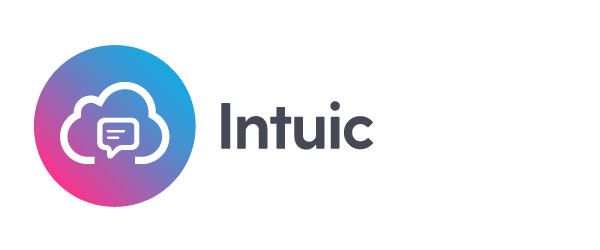Are Millennials the secret weapon to disrupt modern workforce?
As the workforce changes, organizations are forced to return to the drawing board and redefine the way they distribute work, retain their current employees, and hire new talent. The growth and acceleration of technology is at the forefront of this evolution, but is not the only source at work.
The world’s demographics are rapidly shifting as the millennial generation have now exceeded the baby boomer generation; as the baby boomer generation have begun to reach the pre-retirement and retirement stages of life.
Born from 1980-2000, millennials are often categorized as the “connected” generation. They are the first generation that have grown up fully consumed by the internet, and in reality almost 8 out of 10 millennials own a smartphone; constant real-time communication and networking right at their fingertips.
There are many qualities that make the millennial generation unique, but where our focus lies is how they’re transforming the world of work as we know it. Employers will need to start recognizing these signs and adapt over the next decade to appease the demand of working in a digital economy.
The working environment will change; gone are the days of traditional set hours, and a long term position with a single employer. 8 out of 10 millennials agree that working from home or remotely makes it easier to generate job opportunities, advance career development, and empowers the concept of entrepreneurship. Being a freelancer could mean that you are applying multiple skills on multiple projects generating several income streams all at the same time (i.e. graphic designer, developer, project, manager, writing, and translation). From an employer standpoint, hiring a remote task force is a practical choice; getting access to a global pool of talent (if local talent is scarce), in addition to reducing costs hiring only for on-demand work instead of compensating full-time employees when there is little to no work available.
Social networks are having a huge impact on how team members communicate and collaborate; giving and receiving feedback instantly, tracking project progress, and keeping team members accountable. With new software technologies, building online teams is becoming the new way of working but is also forcing employers and contractors to be more transparent with each other in order to reach their goals and remain productive. Millennials value both company and brand transparency, engaging in open and authentic conversations and having the desire to be fully connected with their team at all times. While many companies require an annual job performance review, millennials are challenging this model asking for more day to day contact and progress reports with their team and/or managers.
Work-life balance is the lifeblood of all meaningful careers as many millennials have expressed; it has developed into an employment necessity instead of a privilege as it would have normally been perceived in previous generations. In 2017, surveying the flexible working landscape a vast 67% of workers wished they were offered flexible working arrangements, and 70% of workers feel that offering flexible working makes a job more attractive to them. It’s no secret millennials value their family life, friend circles, social communities, and will adjust their schedule where they see fit. Life happens during the day, and on the contrary work doesn’t just shut down at 5PM.
By year 2020, millennials’ will make up more than 50% of the workforce, and by year 2025 this will reach 75%. It is projected that by year 2020 40% of the workforce will be contingent, meaning that talent will be hired by an employer on an “as-needed”/project basis. New business models will need to be created supporting job titles that have never been heard of before, but are now a possibility with freelancers, independent contractors, and consultants specializing in their own niche markets.
Many employers have already discovered the value of increasing freelancer productivity and hiring from a global talent pool. As we move forward and more millennials take on leadership roles, it will be crucial for current employers to have the right platforms and resources in place so they don’t get left behind with inefficient business practices.



